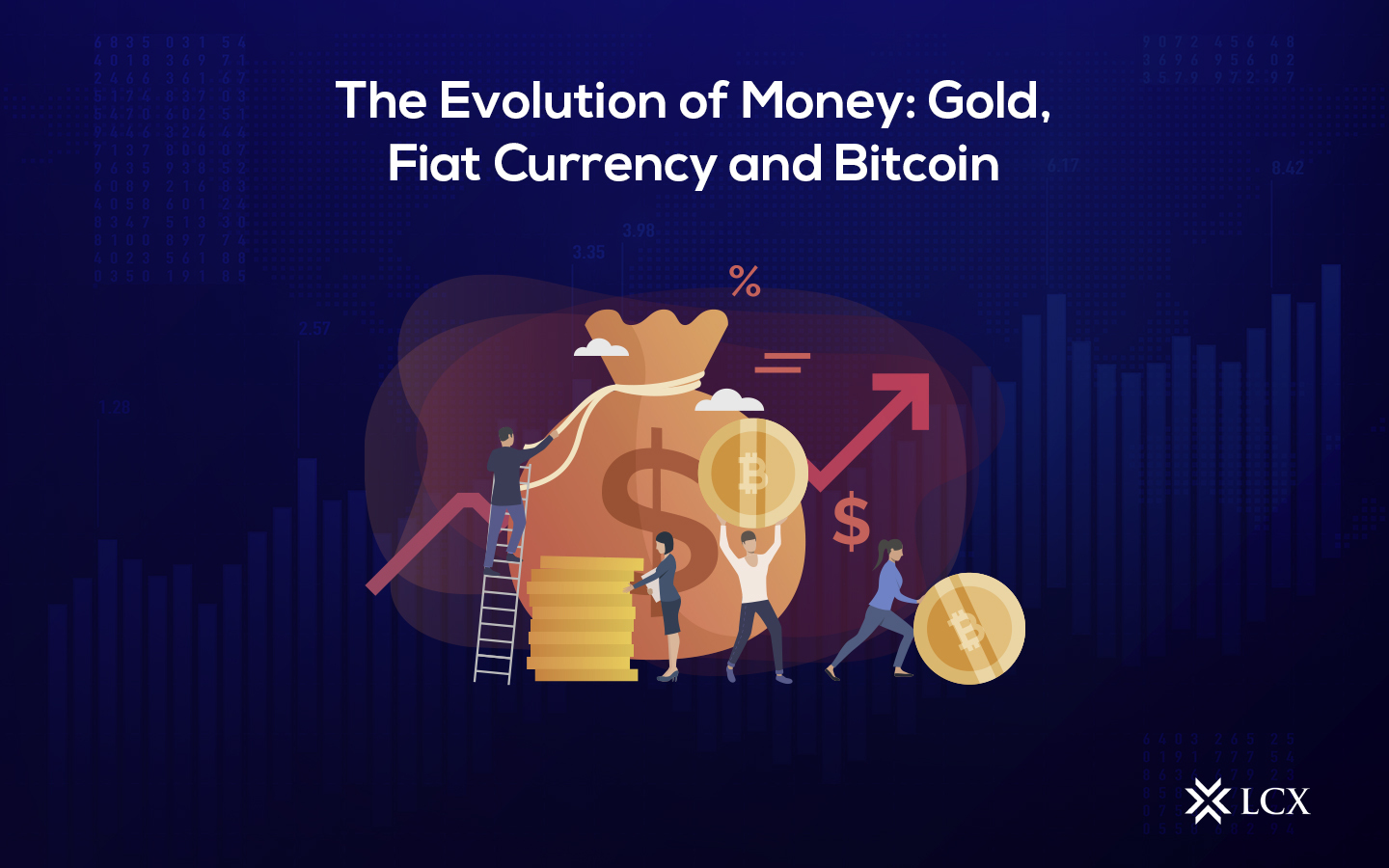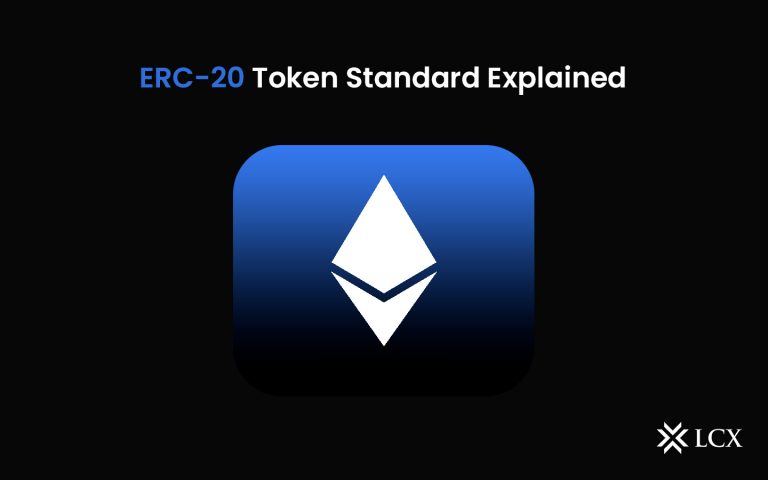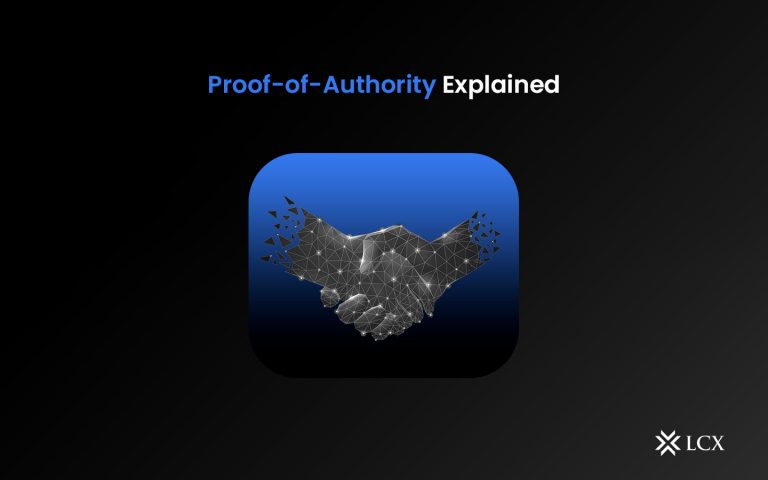2021 will go down in history as one of the golden years for cryptocurrency. The market capitalization of bitcoin increased by approximately $545 billion, breaking its previous record high. Crypto-assets’ market capitalization surpassed a record $3 trillion, recrossing $1 trillion in January and $2 trillion in May. The interest in crypto and speculation about the future of money has skyrocketed this year.
The advent of blockchain and cryptocurrencies has sparked innovations in the financial industry. Cryptocurrencies have captivated investors due to their extreme fluctuation and ubiquity.
Bitcoin’s surge has prompted a discussion about the future of money. The scarcity of cryptocurrencies and their capacity to serve as a medium of exchange makes them comparable to gold. Consequently, there has been a war of words between gold bugs and Bitcoin maximalists about the better store of value.
Bitcoin is not the “hottest new thing.” It has been around for a while, and it has been transforming the financial system as we know it. Bitcoin came into existence to satisfy the quest for a decentralized currency that could replace the traditional money that is highly centralized and controlled by third parties, banks, or the government. However, the expansion of bitcoin has turned it into a store of value. Bitcoin and gold share a lot of similarities which have resulted in a never-ending debate about which is the better store of value.
A look back at Bitcoin
In 2008, Bitcoin arose out of the Great Financial Crisis to eliminate banks’ monopoly over financial transactions. Satoshi Nakamoto, the founder of Bitcoin, created a peer-to-peer payment system that does not require third-party confirmation. This had the effect of bypassing banks for financial transactions.
Now, a decade after its inception, the scarcity of units has taken root in the world of finance. Following the outbreak of covid, investors seek safe havens from potential inflationary pressures as central banks debase their respective currencies worldwide.
Historically, gold and other precious metals have been considered a store of value for years and have been in existence for close to 5,000 years. Bitcoin, however, did not exist before 2008. For its gold-like characteristics, bitcoin is now considered an inflation-insurance companion to precious metals and is referred to as “digital gold.”
There have been many comparisons between bitcoin, fiat, and gold to decide which one is best.
Bitcoin Vs. Fiat Comparison: The future of Money
Most people are unaware of the several benefits bitcoin offers over fiat currency. To better understand the situation, let’s dive into the details.
Decentralization: Bitcoin cannot be controlled or manipulated by any government or central bank. The bitcoins can be purchased, sold, and stored by anyone. On the other hand, Fiat currency is controlled by the central bank, which decides on sales, purchases, and storage.
Scarcity: There is only a limited supply of bitcoin, which means no one can create more bitcoin to influence its value. Quantitative scarcity can be prevented by ensuring a steady supply of fiat currencies, but the excess quantity will cause their value to fall, contributing to inflation. Bitcoin has a hard-coded disinflationary monetary policy compared to fiat currency, which is typically inflationary. The government prints fiat currency periodically. The scarcity factor of Bitcoin makes it a valuable investment.
Global: Anyone with an internet connection can access Bitcoin regardless of where they’re located. Unlike fiat currencies, Bitcoin offers borderless and instant transactions at a relatively low fee without requiring an intermediary, such as a bank or payment service provider.
Counterfeiting: Cryptocurrencies like Bitcoin are also secure. Fiat currency can easily be counterfeited. Central authorities often issue notices to protect you from counterfeits. In contrast, Bitcoin operates on a decentralized ledger system verified multiple times across all individual ledgers. Therefore, payment will only be approved if all network participants have approved it. Therefore, there are almost no chances of Bitcoin being counterfeited.
Bitcoin Vs. Gold Comparison: Store-of-value Debate
Currently, bitcoin is the world’s most dominant asset. Let’s examine Bitcoin’s merits as “digital gold.”
Scarcity is one of the attributes of a Store of Value. A store of value cannot be abundant; hence scarcity is a crucial element in this debate. Bitcoin has a provable scarcity, but gold is narratively scarce. Gold is perceived as having a limited supply, but nobody knows exactly how limited it is. Bitcoin scarcity is a programmatic, transparent, and verifiable fact. Bitcoin’s scarcity is far greater than gold’s. Hence, bitcoin can be considered a better store of value compared to bitcoin on the grounds of scarcity.
By comparison with portability, the precious metal is too heavy and requires too much security to be easily carried around. Bitcoin, however, excels at portability.
Sending it is possible anywhere, anytime, and without using any third party. The flexibility of bitcoin is unparalleled on this planet. Bitcoin is the clear winner.
Final Thoughts
The comparison clears bitcoin’s supremacy over Fiat and Gold as a better store of value and the future of transactions. Gold and Bitcoin are both inherently valuable, gold because of its physical properties, Bitcoin because of its limited supply and users.
Gold is primarily regarded as a store of value rather than a practical medium of exchange. Gold has limitations such as weight and indivisibility, which inhibit the potential of Bitcoin to become a widely used means of exchange.









